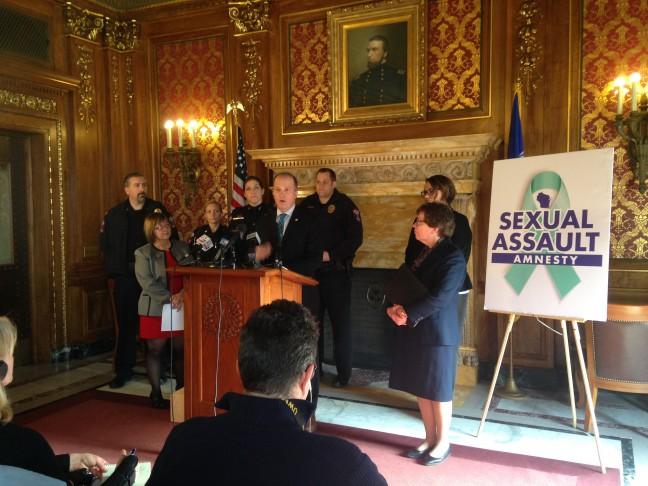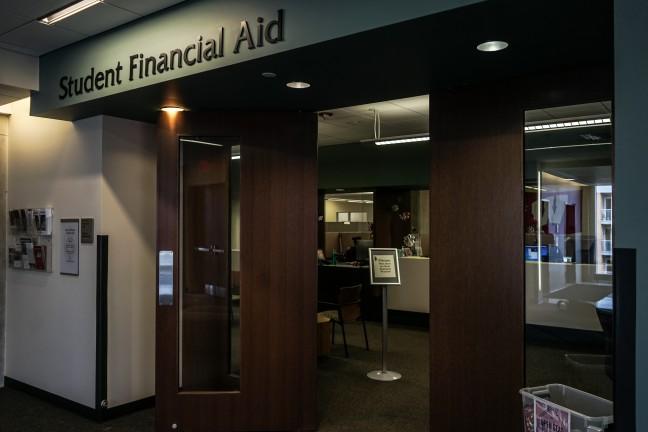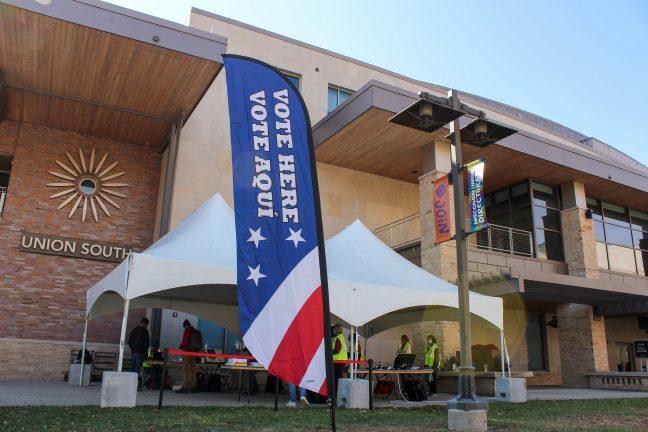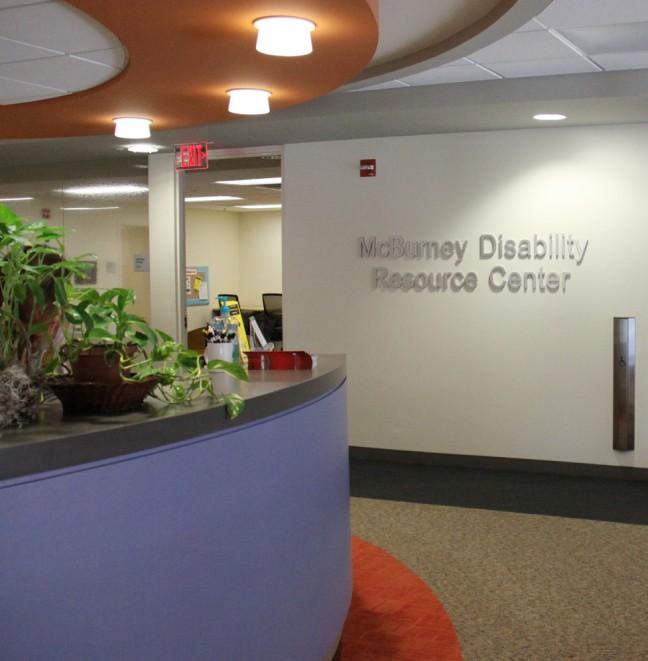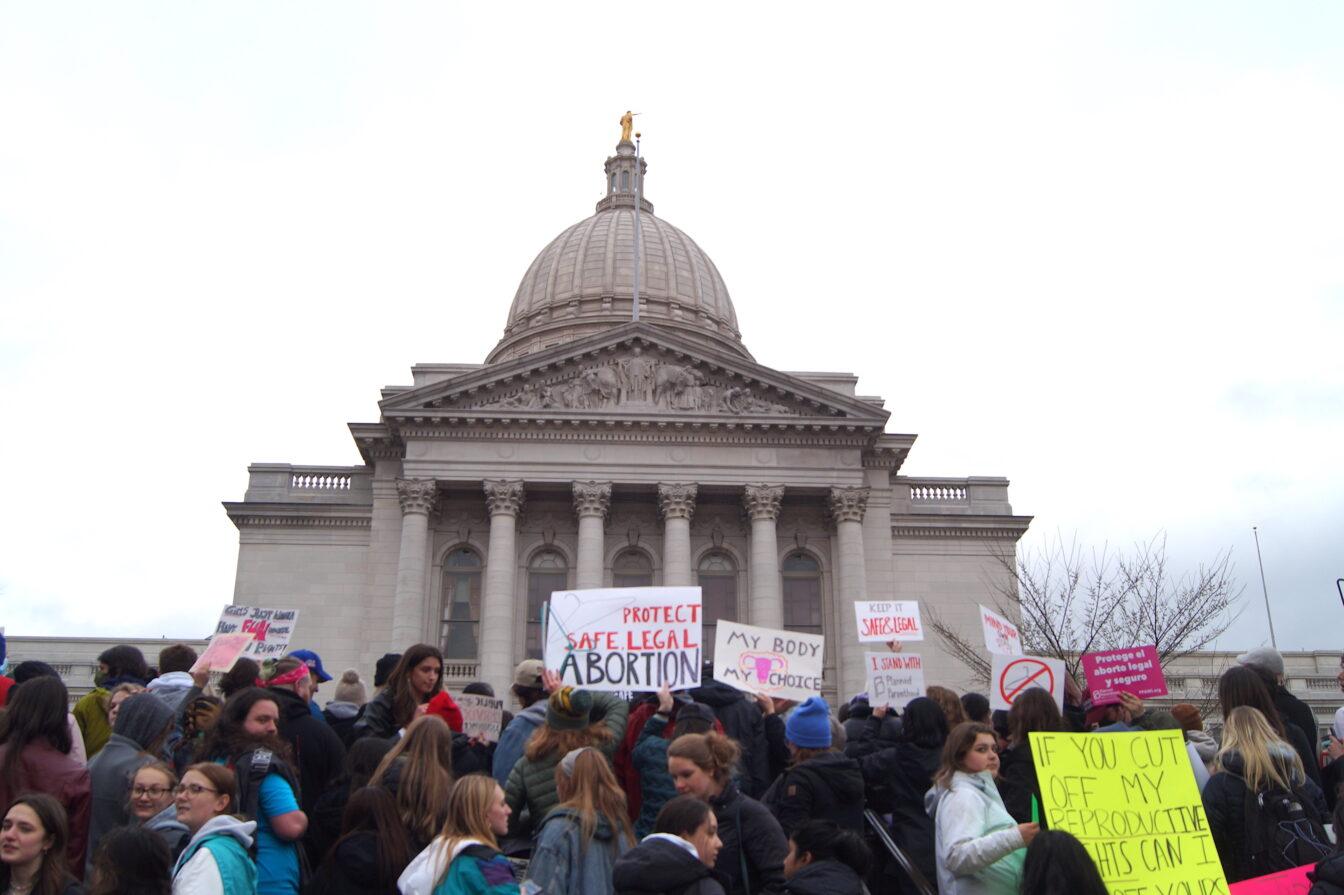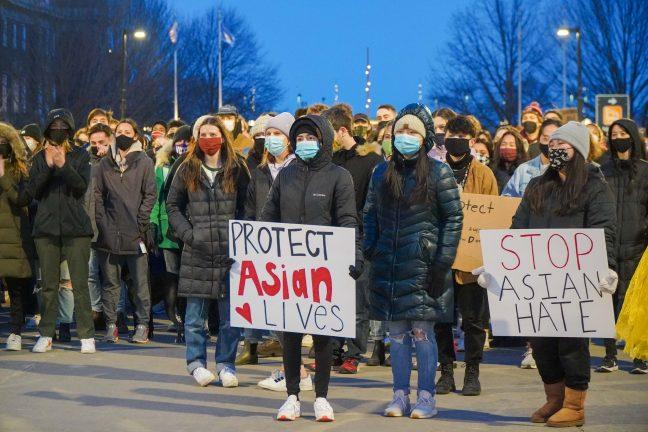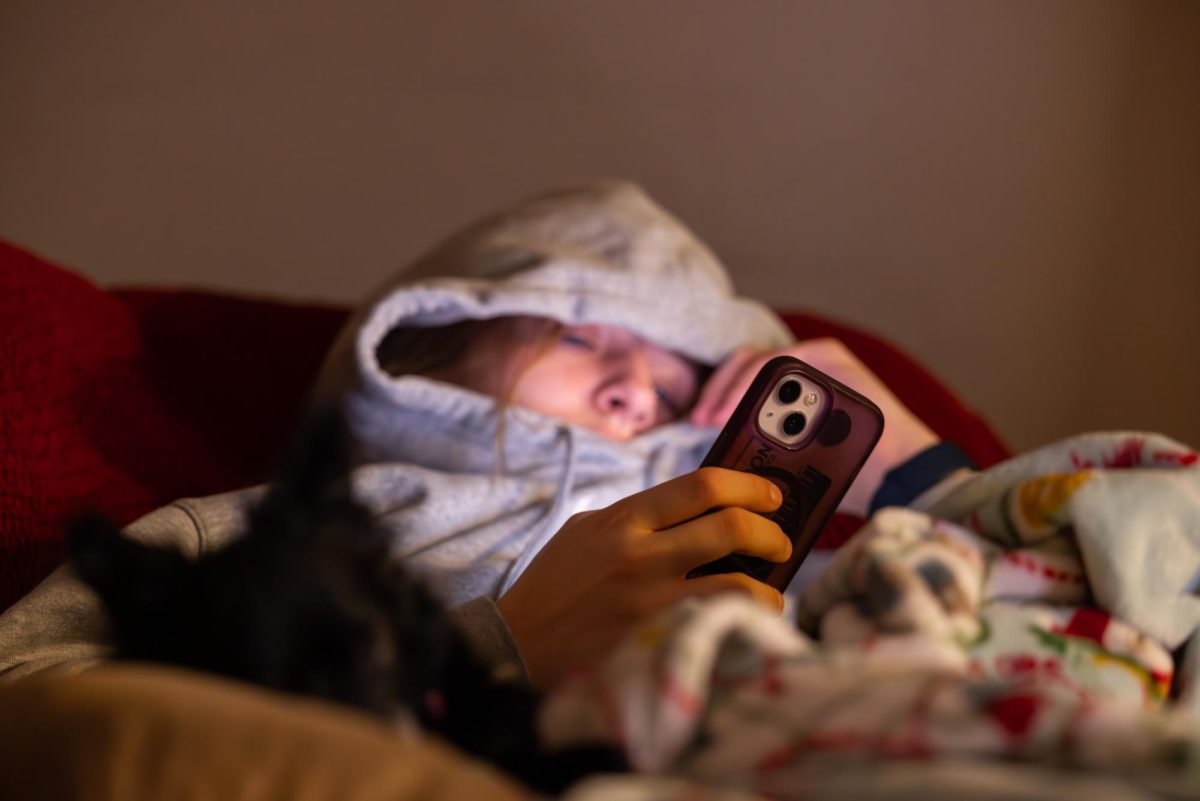Through lyrics about the trauma of sexual assault, Lady Gaga’s Oscars performance of “Til It Happens to You” made a powerful statement about our society’s need to support survivors.
As she sang, 50 diverse survivors of sexual assault with phrases like “Not your fault” written on their arms flowed on to the stage. The 50 stood in solidarity, but in the grander scheme they stood for so many of us who are survivors.
The 2015 AAU Campus Climate Survey found that “since entering college, 27.6 percent of female undergraduates have experienced a sexual assault involving force or incapacitation.” Sexual assault does not have to include force or incapacitation to be valid, nor does sexual assault only affect those who identify as female. But this statistic shows something dire about our University of Wisconsin culture.
While the commonly held fact that 1 in 4 women will be sexually assaulted by the time they leave campus surprised many, the statistic at UW is closer to a rate of 1 in 3 women. Add to this the fact that sexual assault is still one of the most under-reported crimes in America, and a disturbing reality comes to light.
We are failing members of our communities in deeply consequential ways. Most of us on campus are not the ones committing sexual assault. So what can we do to challenge and end this violence happening to our classmates, our peers and our friends?
First, it is never the fault of the survivor. Sexual assault occurs when a person exerts power and control over another through sexual contact without consent. Promoting Awareness Victim Empowerment at UW defines consent as “a freely given yes, not the absence of a no.” To any survivors reading this, I want you to know I believe you and I am so sorry. It was not your fault.
To the rest of you wondering what can be done, I urge you to step up and educate yourselves. See sexual assault not as something a survivor has to deal with, but a community issue we should all work to eradicate.
Sexual violence is not inevitable, it is a learned behavior. As such, perpetrators should not learn it in the first place. Challenge those who say and do things to enable a culture that normalizes or minimizes this violence. Work to prevent this violence before it starts, and continue to expand your support for survivors.
The AAU Survey also found that survivors tell friends about the assaults first 80 percent of the time. The way those friends respond has a profound effect on the survivor’s healing. You have the chance to affect the well-being of those around you. Let us work toward a culture that encourages healthy sexuality discussion and practice, a culture that stands against harmful sexual language and behavior and a culture that evokes change.
Taewee Kahrs (tkahrs@wisc.edu) is a senior majoring in community nonprofit leadership and gender and women’s studies with a certificate in global health.


